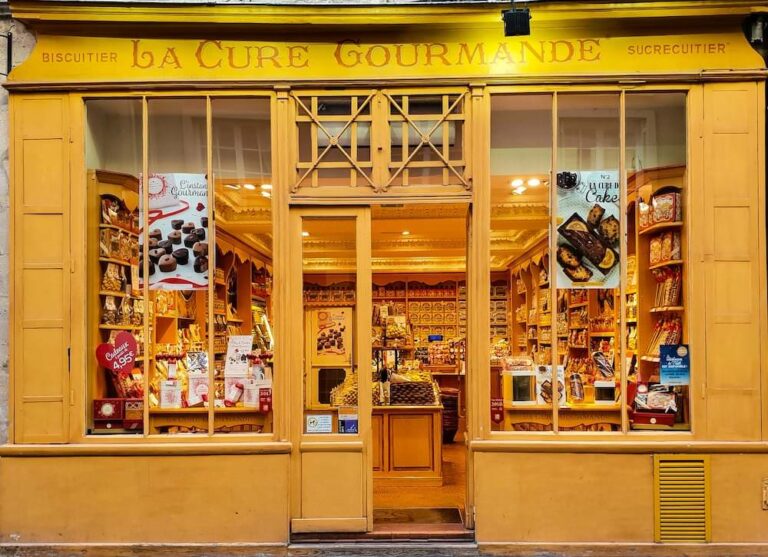alors
The French word alors is a versatile and commonly used word in everyday conversation. Though it appears simple, it can carry different meanings depending on the context. Alors is an adverb.
1. Basic Meanings of Alors
Alors can have several meanings in English, including:
- “Then” or “At that time” – Referring to a moment in time.
- “So” or “Therefore” – Used to indicate a consequence or result.
- “Well” or “Now” – Often used as a filler word to begin sentences or transitions.
- “In that case” – Implies a conditional situation.
2. Usage Examples of Alors
Here are some examples of how alors is used in different contexts:
- “Then” or “At that time”:
- Il était alors étudiant à Paris.
(He was then a student in Paris.) - Je suis arrivé à l’aéroport, et alors j’ai réalisé que j’avais oublié mon passeport.
(I arrived at the airport, and then I realized I had forgotten my passport.)
- “So” or “Therefore”:
- Il pleut dehors, alors nous resterons à la maison.
(It’s raining outside, so we will stay home.) - Je n’ai pas étudié, alors j’ai échoué à l’examen.
(I didn’t study, so I failed the exam.)
- “Well” or “Now”:
- Alors, que veux-tu faire aujourd’hui ?
(Well, what do you want to do today?) - Alors, on y va ?
(Now, shall we go?)
- “In that case”:
- Tu ne veux pas venir ? Alors, je partirai seul.
(You don’t want to come? In that case, I’ll go alone.)
3. Etymology of Alors
The word alors comes from the Old French alors, which had the same meaning as it does today. It is derived from the Latin phrase ad illam horam, meaning “at that hour” or “at that time.” This origin reflects its temporal and connective usage, tying events or thoughts together.
Over time, alors maintained its role as a linking word in French, evolving in pronunciation but retaining its core functions in both formal and colloquial language.
4. Common Phrases and Expressions with Alors
Alors is also found in several common French expressions and idiomatic phrases:
- Alors là ! – “Now that!”
Used to express surprise or disbelief. - Alors que – “While” or “Whereas”
This introduces a clause showing contrast or simultaneous actions. - Il travaillait, alors que je me reposais.
(He was working, while I was resting.) - Et alors ? – “So what?”
Used to dismiss or question the importance of something.






